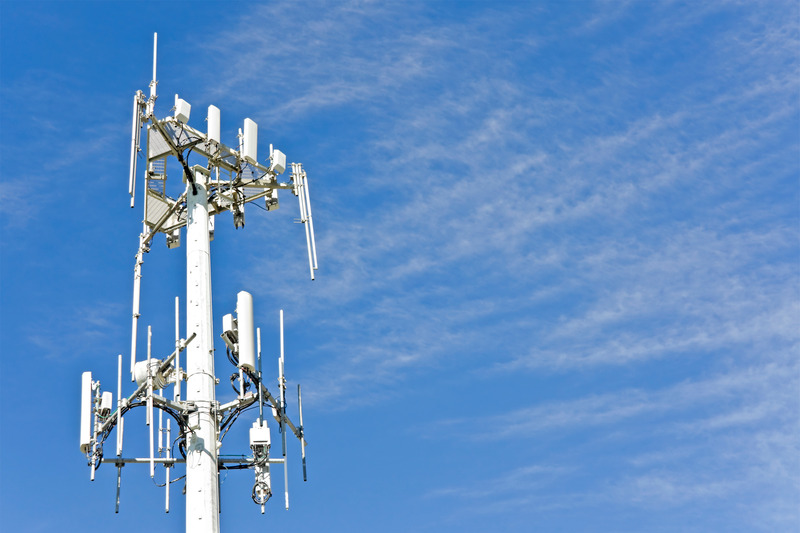Grupo ng mga abogado nanindigang Korte Suprema hindi Kongreso ang pwedeng magbago ng depinisyon ng ‘public ulitities’

Kinatigan ng lawyers’ advocacy group ang pahayag ni retired Senior Associate Justice Antonio Carpio na ang House Bill No. 78 na magpapahintulot sa 100 porsyentong foreign control sa telecommunications ay labag sa Saligang Batas.
Sinabi ng grupong Tagapagtanggol ng Watawat na mali ang pagkaunawa ni Albay 2nd Dist. Rep. Joey Salceda sa mga desisyon ng Korte Suprema nang makipagtalo siya na ang Kongreso ay maaaring magpasa ng isang panukalang batas na hindi nagsasama sa ilang industriya sa minimum requirement na 60 porsiyentong pagmamay-ari ng Pilipino.
Isinusulong ni Salceda ang House Bill No. 78 o ang New Public Service Act 78 na magtatanggal ng limitasyon sa pagmamay-ari ng mga dayuhan sa ilang industriya sa Pilipinas.
Sinabi ni Carpio na malinaw na sinasabi sa Konstitustyon na ang sektor ng telecommunication at transportation ay nasa kategorya ng public utilities na hindi pwedeng ariin ng buo ng mga dayuhang korporasyon.
Nais ilimita ng panukalang batas ang depinisyon ng public utilities sa distribution at transmission ng koryente, tubig at sewerage pipelines, air transportation, mga daungan at paliparan. Ang mga ito ay mananatiling sakop ng batas na nagtatakda ng 60 porsyentong pagmamay-ari ng Pilipino at 40 prosyento ng mga dayuhan.
“The Supreme Court already sanctioned the declassification of public utilities in decisions which upheld the exclusion of shipyards and which no longer considered’ power generation to be a public utility operation,” ayon kay Salceda.
Pero sinabi ni Atty. Arnel Victor Valeña, presidente ng Tagapagtanggol ng Watawat, na labag sa batas ang pag-amyenda sa Konstitusyon sa pamamagitan lamang ng ordinary legislation.
Ganundin, hindi umano tamang inaagaw sa Korte Suprema ang kapangyarihan nitong magtakda ng saklaw ng isang batas at ang mga kaukulang prohibisyon nito.
“Whether or not one is a public utility is a matter of judicial, not legislative determination,” ayon kay Valeña.
Sinabi ni Valeña na ang desisyon ng Mataas na Hukuman na sinasabi ni Salceda ay hindi puwedeng gamitin sa sektor ng telekomunikasyon.
Hindi katulad ng telecommunications, sinabi ni Valeña na ang shipyards—kung saan itinatayo o kinukumpuni ang mga barko – ay nagsisilbi lamang sa limitadong kliyente at hindi sa publiko sa pangkalahatan. Taliwas sa pahayag ni Salceda, sinabi niya na sa katunayan ay ipinatutupad ng Korte Suprema ang kahulugan ng “public utility” sa desisyon nito noong 2003 sa JG Summit Holdings, Inc. vs. Court of Appeals.
“Shipyards were only classified as a ‘public utility’ under ordinary laws, such as Act No. 2307 in 1913, the Public Services Act in 1936, and Batas Pambansa Blg. 391 in 1983. Currently, the inclusion of shipyards is repealed by Executive Order No. 226 in 1987,” paliwanag ni Valeña.
Sa madaling salita, sinabi niya na ang shipyards ay itinuturing na public utility sa “legislative declaration” lamang at hindi ng Konstitusyon. Hindi ito tulad ng telecommunications companies na maliwanag na idineklara ng Saligang Batas na public utility.
“The framers of the 1987 Constitution were categorical that public utilities included telecommunications. No amount of legislative declaration can remove a certain business from the definition of a public utility if, in fact, the business as conducted is impressed with public use or carried on for the public benefit,” sabi ni Valeña.
“The intent of the framers of the 1987 Constitution when they included a provision on public utilities and the 60-40 foreign equity limit should be considered,” dagdag pa niya.
Disclaimer: The comments uploaded on this site do not necessarily represent or reflect the views of management and owner of Bandera. We reserve the right to exclude comments that we deem to be inconsistent with our editorial standards.


